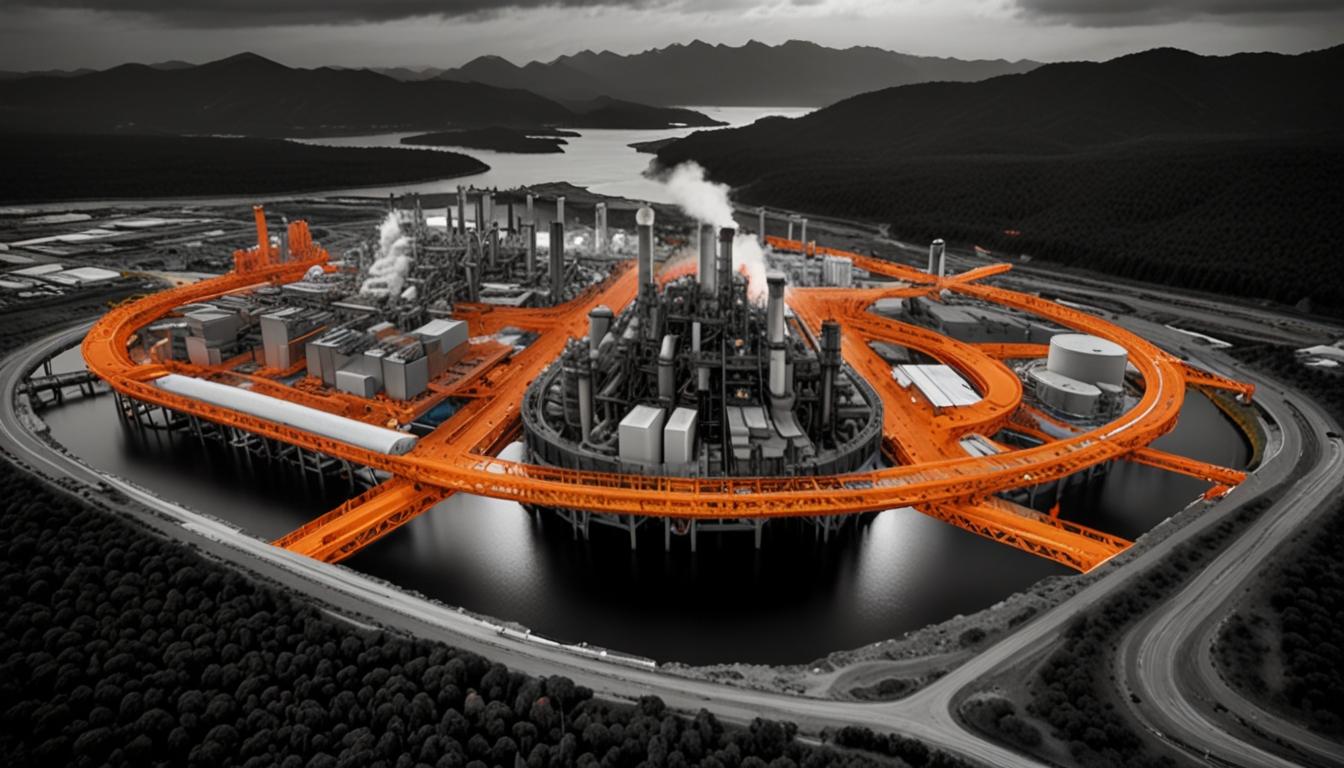Alcoa Corporation and Rio Tinto announced advancements in their ELYSIS technology initiative, which aims to eliminate greenhouse gas emissions from the aluminum smelting process while producing oxygen as a byproduct. The technology emerged from Alcoa’s Technical Center near Pittsburgh and is being further developed through a partnership established in 2018.
Rio Tinto plans to launch the first industrial-scale demonstration at the Arvida facility in Quebec, Canada, by 2027. This project will feature ten ELYSIS smelting pots operating at 100 kiloamperes (kA), producing up to 2,500 tonnes per year of commercial-grade aluminum without direct emissions. Alcoa will supply proprietary anodes and cathodes for this demonstration and may purchase up to 40 percent of the produced metal.
Additionally, Rio Tinto and the Quebec government’s investment arm, Investissement Québec, are investing C$375 million to fund the demonstration plant, with commitments of C$235 million and C$140 million, respectively. The plant will utilize existing infrastructure at the Arvida smelter, including its alumina supply and casting facilities.
The broader ELYSIS research program continues to develop larger prototype smelting cells at Rio Tinto’s Alma smelter, scheduled to begin commissioning in 2024. The ELYSIS JV retains full ownership of the intellectual property related to the technology, underscoring its potential to impact the aluminum industry’s decarbonization efforts significantly.
